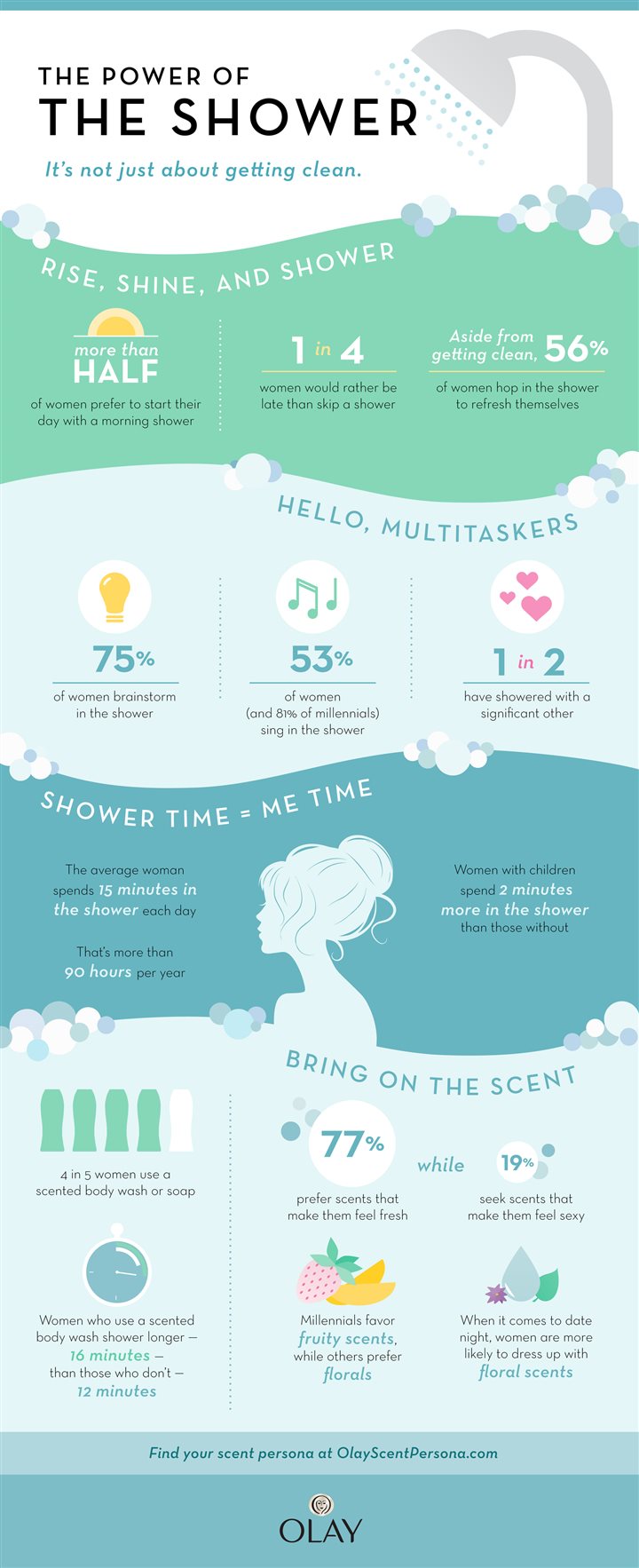The Science Behind Aromatherapy: Recognizing Its Healing Quality
The Science Behind Aromatherapy: Recognizing Its Healing Quality
Blog Article
Content By-Otte Dohn
When it comes to aromatherapy, understanding the science behind crucial oils can improve your health regimen. These oils have distinct chemical substances that communicate with your body, possibly supplying numerous advantages. From reducing tension to enhancing mood, the results are based in research. However how do these substances work, and which oils should you take into consideration for details requirements? Checking out these questions can lead you to a more enlightened strategy to your health.
The Chemistry of Necessary Oils and Their Results on the Body
When you explore the chemistry of necessary oils, you'll uncover exactly how their special compounds connect with your body to promote recovery.
Each oil consists of different chemical components like terpenes, esters, and phenols, which can affect your body in various means. For instance, terpenes offer anti-inflammatory advantages, while esters can help relieve and unwind you.
When you inhale these oils or use them topically, they're soaked up into your bloodstream, where they can target specific conditions. This interaction stimulates your body's all-natural recovery procedures, boosting your general wellness.
Comprehending these chemical properties equips you to select the best oils for your requirements, whether you're aiming to minimize discomfort, boost resistance, or enhance skin health and wellness.
The scientific research of necessary oils is truly fascinating!
The Duty of Aromatherapy in Mental Health and Emotional Health
Aromatherapy has actually obtained recognition for its extensive effect on psychological wellness and emotional well-being, as it can efficiently minimize stress and anxiety and anxiety degrees.
When you inhale the comforting scents of vital oils, like lavender or chamomile, they can activate positive psychological reactions in your mind. This practice welcomes a feeling of calmness and promotes relaxation, making it much easier to cope with everyday obstacles.
You may locate that including aromatherapy right into your routine assists raise your state of mind and boosts your overall emotional strength.
Whether you make use of a diffuser, include oils to a bathroom, or use them topically, the appropriate fragrances can develop a comforting setting, enabling you to reconnect with on your own and foster a sense of peace among life's disorder.
Scientific Research Sustaining the Perks of Aromatherapy
While many individuals have lengthy cherished aromatherapy for its soothing effects, scientific study increasingly verifies its advantages. find out here now reveal that necessary oils like lavender can lower anxiety and boost rest top quality.
For instance, a 2015 research highlighted lavender's potential to reduced cortisol degrees, advertising relaxation. Additionally, air freshner of citrus oils has actually been connected to improved state of mind and lowered stress.
Research also suggests that inhaling particular vital oils might boost cognitive feature and emphasis. By incorporating aromatherapy into your routine, you might experience these favorable effects firsthand.
Whether you're diffusing oils or using them in massage therapy, the proof sustains the idea that aromatherapy can play a significant role in boosting your overall health.
Conclusion
Incorporating aromatherapy into your wellness routine can be a powerful tool for enhancing your psychological and psychological wellness. By understanding the distinct chemical substances in essential oils, you can make informed selections that align with your needs. Whether you're seeking to decrease anxiety, enhance your state of mind, or enhance cognitive feature, the benefits of aromatherapy are supported by scientific study. Welcome these all-natural recovery properties, and experience the positive effect they can carry your total health.
